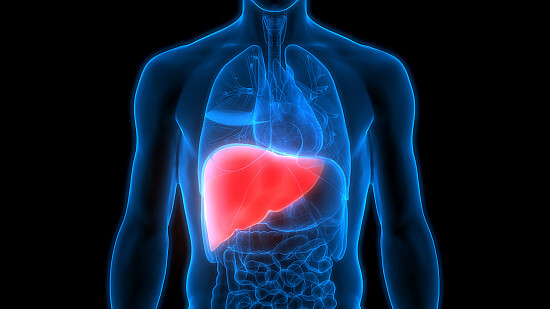First gene behind grey hair discovered
Wed 02 Mar 2016, 13:19:10

Scientists, including one of Indian-origin, have discovered the first gene responsible for greying hair, a breakthrough that could lead to new treatments to delay or block the process.
The finding confirms that greying has a genetic component and is not just environmental, researchers said.
The study analysed a population of over 6,000 people with varied ancestry across Latin America to identify new genes associated with hair colour, greying, density and shape - straight or curly.
"We already know several genes involved in balding and hair colour but this is the first time a gene for greying has been identified in humans, as well as other genes influencing hair shape and density," said Dr Kaustubh Adhikari, from the University College London (UCL).
"It was only possible because we analysed a diverse melting pot of people, which hasn't been done before on this scale. These findings have potential forensic and cosmetic applications as we increase our knowledge on how genes influence the way we look," said Adhikari.
The findings could help develop forensic DNA technologies that build visual profiles based on an individual's genetic makeup. The gene identified for grey hair - IRF4 - is known to play a role in hair colour but this is
the first time it has been associated with the greying of hair. This gene is involved in regulating production and storage of melanin, the pigment that determines hair, skin and eye colour.
the first time it has been associated with the greying of hair. This gene is involved in regulating production and storage of melanin, the pigment that determines hair, skin and eye colour.
Hair greying is caused by an absence of melanin in hair so scientists want to find out IRF4's role in this process. Understanding how IRF4 influences hair greying could help the development of new cosmetic applications that change the appearance of hair as it grows in the follicle by slowing or blocking the greying of hair.
"We have found the first genetic association to hair greying, which could provide a good model to understand aspects of the biology of human ageing," said Professor Andres Ruiz-Linares, from UCL Biosciences, who led the study.
"Understanding the mechanism of the IRF4 greying association could also be relevant for developing ways to delay hair greying," said Ruiz-Linares. Another gene, PRSS53, which was found to influence hair curliness, was investigated by researchers.
The scientists found additional genes associated with hair including EDAR for beard thickness and hair shape; FOXL2 for eyebrow thickness and PAX3 for monobrow prevalence.
The study was published in the journal Nature Communications.
No Comments For This Post, Be first to write a Comment.
Most viewed from Health
AIMIM News
Latest Urdu News
Most Viewed
May 26, 2020
Do you think Canada-India relations will improve under New PM Mark Carney?
Latest Videos View All
Like Us
Home
About Us
Advertise With Us
All Polls
Epaper Archives
Privacy Policy
Contact Us
Download Etemaad App
© 2025 Etemaad Daily News, All Rights Reserved.






























